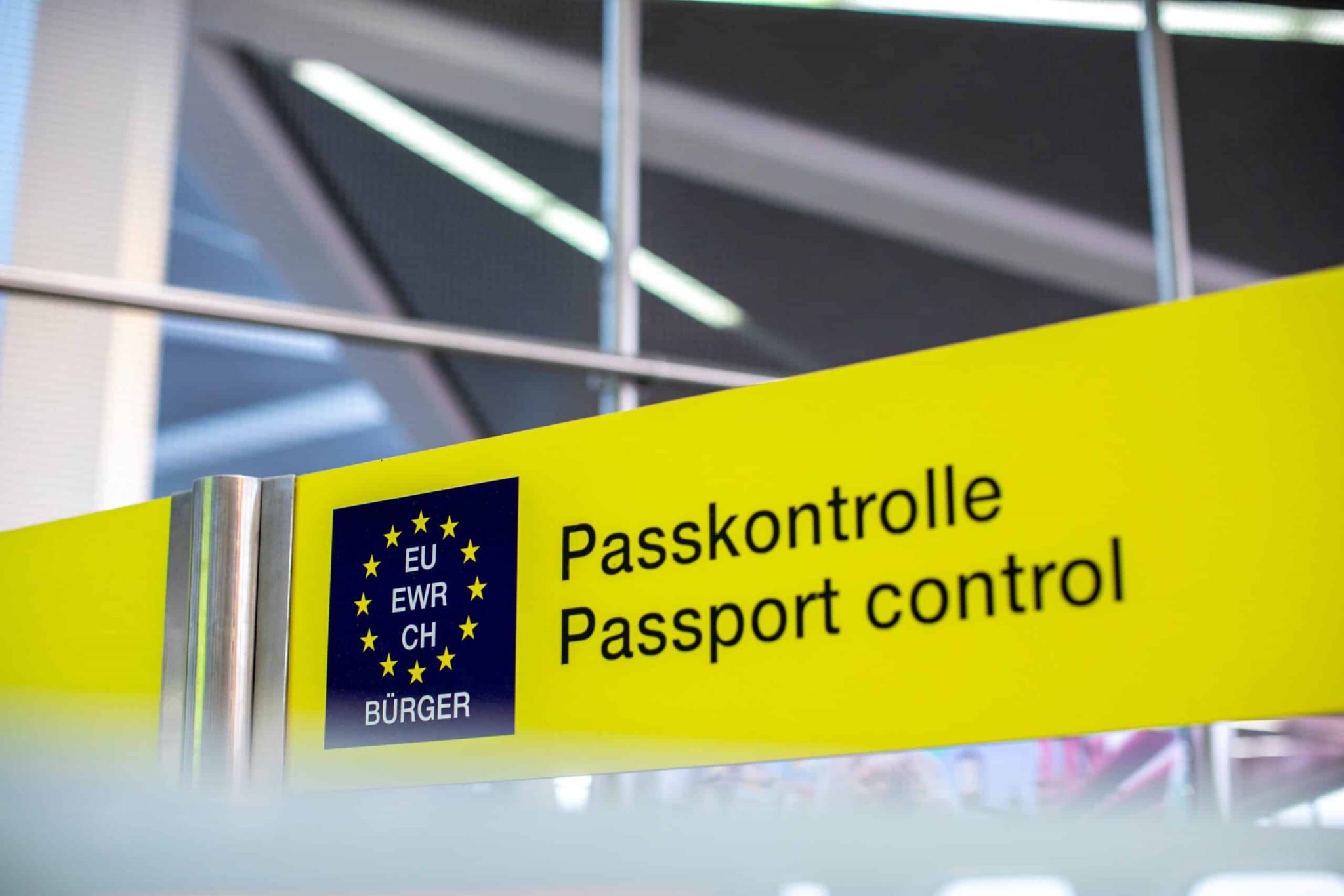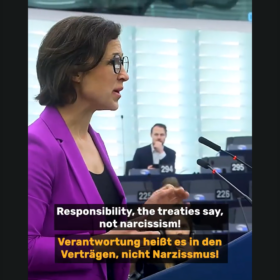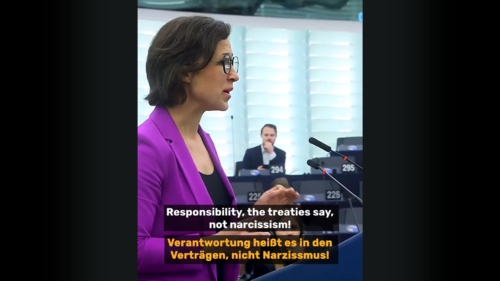Throughout the world, courageous people stand up for human rights and often risk their freedom, even their life. Human rights defenders should therefore be protected and should find easier refuge in the EU. In many cases, temporary visas for the EU can save lives and protect persecuted human rights defenders from authoritarian governments or paramilitary groups. However, because the procedures in EU embassies are different and bureaucratic, many activists find it difficult to get a visa.
According to Amnesty International a big problem is the obvious discrepancy between political and consular staff within the embassy. For LGBTQIA+ activists, it is often impossible to have their same-sex partners recognized as family members so that they can enter the country as well.
For most human rights defenders, filing an asylum application is not an alternative. This would simply pass their reality of life.
In 2019 alone, more than 300 human rights defenders were killed worldwide, and the number of environmental activists murdered has almost doubled in the last fifteen years. In such a climate of violence, the EU needs a reliable visa policy that guarantees protection without red tape.
The case of a Turkish human rights defender
One example of the problems of EU visa policy comes from Frontline Defenders: The 25-year-old Turkish LGBTQI activist Özgür Gür was not given an entry permit to the Schengen zone although he had been invited to the European Parliament. The Belgian authorities did not grant the application, probably because the Turkish government had charged the activist on grounds of terrorism because of his involvement in a LGBT-protest. Özgür is on trial for protesting LGBTI rights - EU must support human rights defenders like him!
That is why I put a parliamentary question to the Commission:
The Commission's reply is disappointing
The answer shows what is wrong. For one thing, there are no separate procedures for human rights defenders* to enter the country, since the same visa rules apply to them as to everyone else. Secondly, the European Commission does not acknowledge the problem at all: For them there is no need for improvement. This is more than disappointing.
Therefore, I demand:
1. the Visa Code Manual needs to be amended so that the specific protection of human rights defenders is taken into account in the visa decision
2. there should be a reference to visa facilitation in the EU Guidelines on Human Rights Defenders*.
3) External agencies that carry out the visa process for Member States must raise awareness among their staff and provide training on the needs and situations of human rights defenders.












